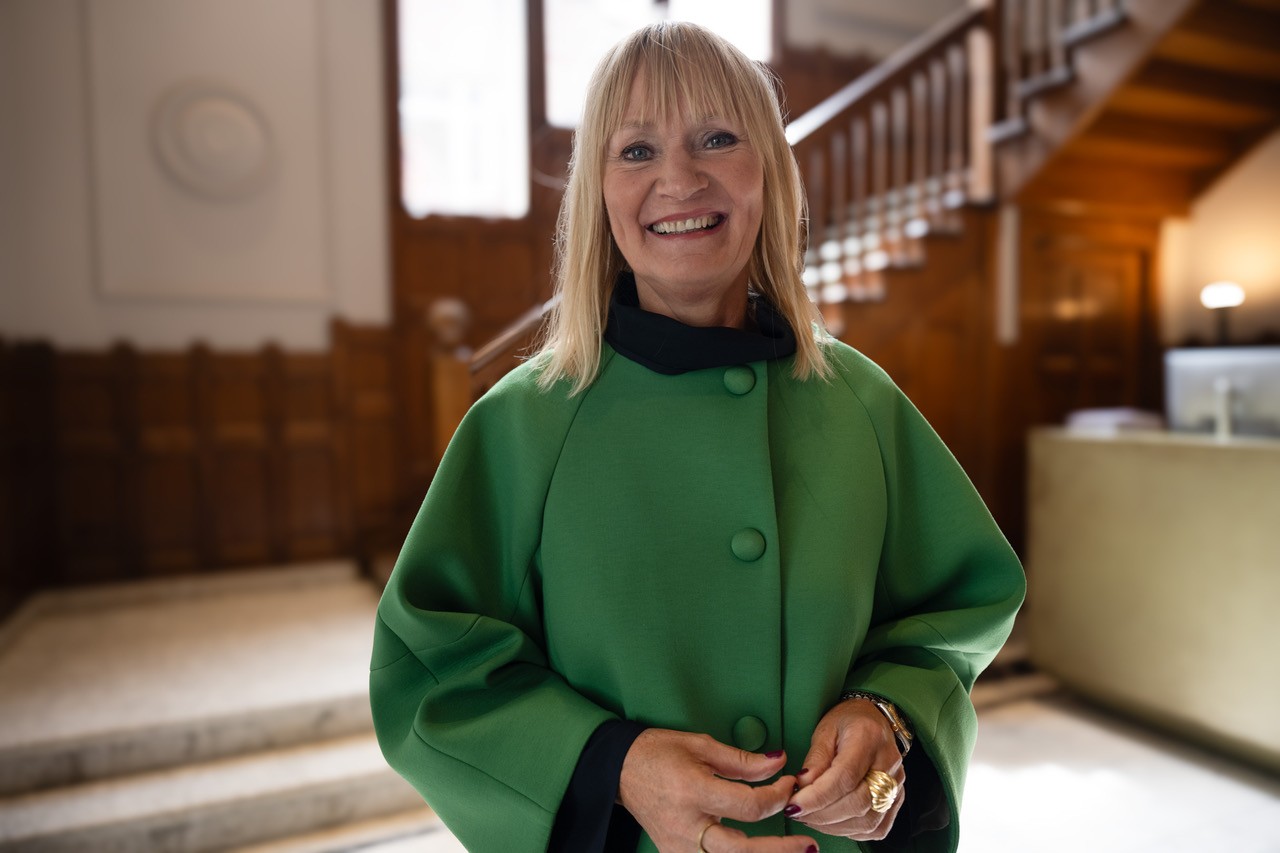Say goodbye to shorter working hours – the WTV is discontinued
On 17 March 2020, the Dutch cabinet announced that the WTV scheme for shorter working hours has been discontinued. Instead, employers affected by the coronavirus can apply for a new temporary measure designed to support employers, employees and entrepreneurs.
Employers battling the consequences of the coronavirus can no longer apply for shorter working times permits (WTV) based on reduced business activity. The WTV is replaced with immediate effect by the new Employment Bridging Emergency Fund (Noodfonds Overbrugging Werkgelegenheid. hereafter NOW).
The WTV scheme has been withdrawn
Employers can no longer access the WTV scheme for any reason. From now on, employers must apply for the NOW allowance in the event of loss of turnover resulting from any cause.
The NOW scheme is here
The NOW scheme is designed to support employers, employees and entrepreneurs facing reduced business activity due to the coronavirus (Covid-19) outbreak. This measure allows employers to apply for substantial financial compensation for wage costs. Up to 90% of the wages bill can be covered, depending on the drop in turnover from 1 March 2020 onward
Critically, unlike the WTV, the NOW scheme covers not only employees on permanent and fixed term contracts, but also applies to employees with flex contracts, such as on-call and temporary workers. Workers who fall under the NOW scheme will continue to have their wages paid in full.
What is the NOW scheme?
The main features and conditions of the NOW scheme are described below. While the details regarding implementation are not yet known, it seems likely that the following will remain applicable over the coming weeks.
Features
- Employers can apply for temporary financial compensation for wage costs through the NOW scheme.
- The allowance may be applied for 3 months, and renewed for an additional 3 months thereafter.
- If granted, employers will receive an advance from the Employee Insurance Agency (UVW) so that they can continue to pay employees’ salaries.
Conditions
To qualify for the NOW allowance, applicants (employers) must meet all of the following conditions:
- The employer commits not to apply for dismissal of their employees on grounds of economic reasons during the period of the allowance.
- The employer expects at least a 20% loss of turnover
- The applicant claims compensation for a period of 3 months, with the option to renew once.
- For claims exceeding a certain amount, a statement from an accountant can be supplied.
Get advice on employment law and the NOW scheme
If you have a question about the NOW scheme or you need advice on how to prepare your company for disruption, please contact us for assistance.


